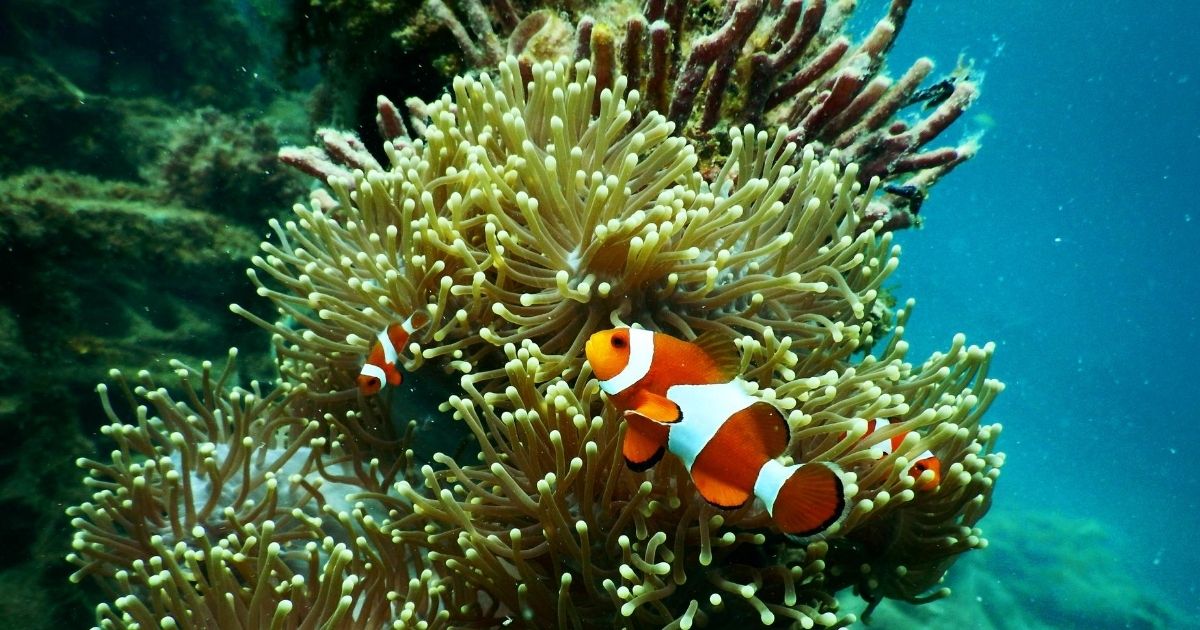Juvenile fishes have one of the highest mortality rates compared to other life stages. Within two days of settling into a reef almost 60 percent are consumed by predators. Our recent study found noisy boats and ships can also affect the prey response of these young fishes.
When exposed to the noise of vessels, juvenile fishes decreased their activity, which reduced their swimming distance. Previous research found more active fishes learn faster about their environment and potential predators, which results in a higher chance of survival.
We also found juveniles exposed to boat and ship noise were slower to escape when exposed to a simulated predator attack. This is highly relevant as the timing of the escape response to a predator is critical for success -- a slower fish is more likely to get eaten.
Noise pollution is mostly concentrated in coastal areas. The higher the human population the higher the incidence of recreational boating activities such as diving and recreational fishing. More than 250,000 boats are registered in the Great Barrier Reef region and this number is projected to increase 500 percent by 2040. This means vessel noise is not only already widespread, but increasing along the Great Barrier Reef.
Our results suggest boat and ship noise could increase the mortality of juvenile fishes during their critical period of growth (and remember, ~60 percent already die within two days). In areas such as the Great Barrier Reef, fishes are likely exposed to recreational boats and ships multiple times throughout their life. An increase in the mortality rate could have implications for population structure and community dynamics.
Human-made noise is easier to manage compared to other pollutants, which provides an opportunity to mitigate its effects on coral reef communities. The main goal of our research is to investigate the effects of noise on reef fishes in order to provide governmental institutions with information for its management and regulation. Future research will investigate the long-term effects of noise pollution on fishes and whether there are interactive effects with other stressors.
By Laura Velasquezjimenez, ARC Centre of Excellence for Coral Reef Studies
Journal Reference:
Laura Velasquez Jimenez, Eric P. Fakan, Mark I. McCormick. Vessel noise affects routine swimming and escape response of a coral reef fish. PLOS ONE, 2020; 15 (7): e0235742 DOI: 10.1371/journal.pone.0235742



